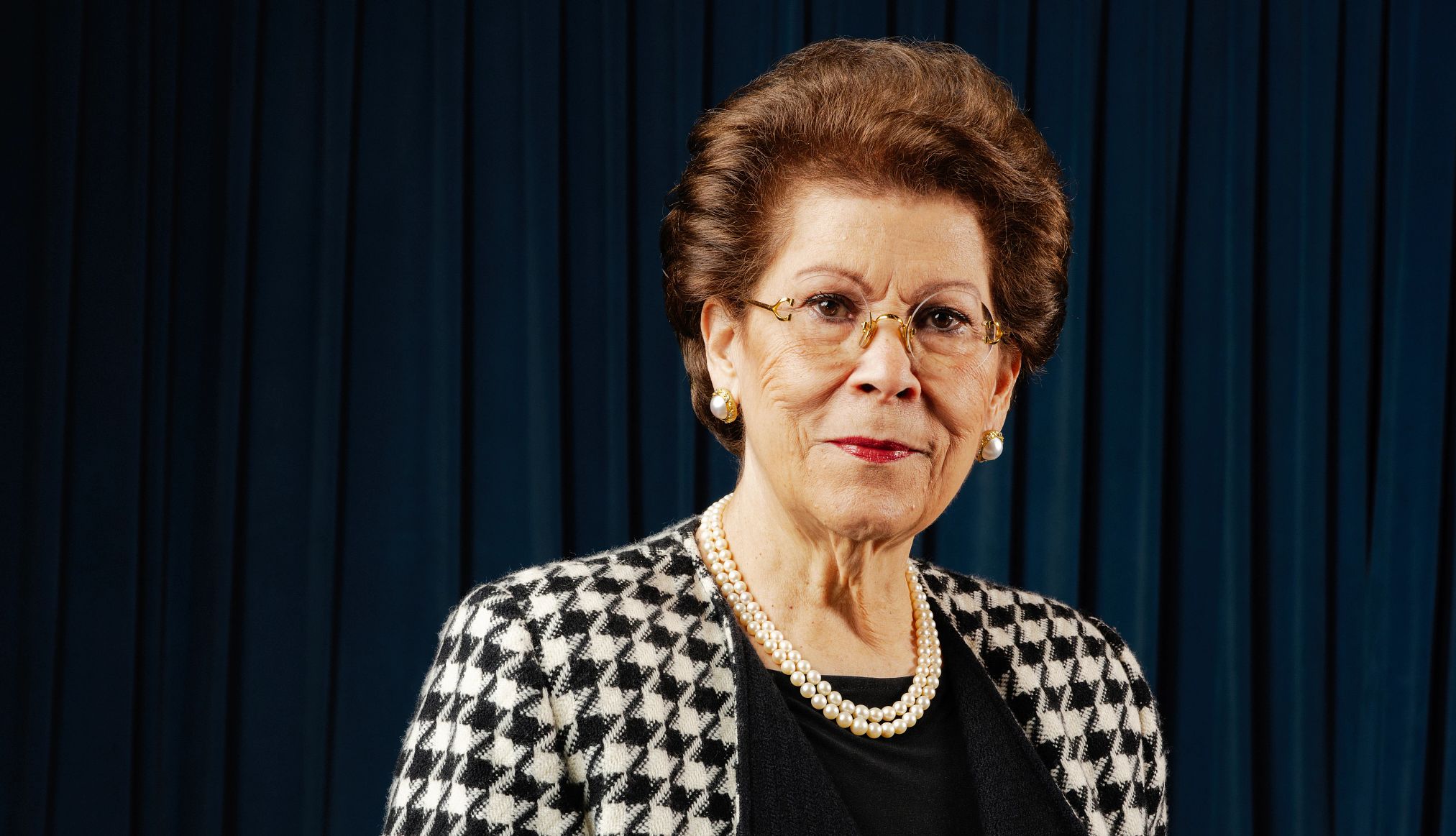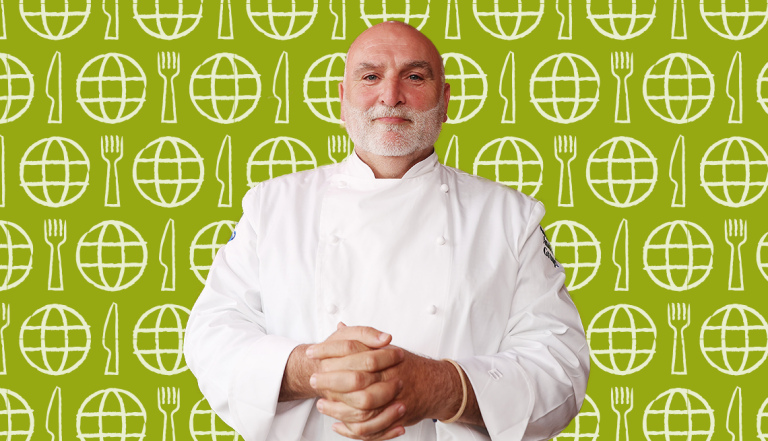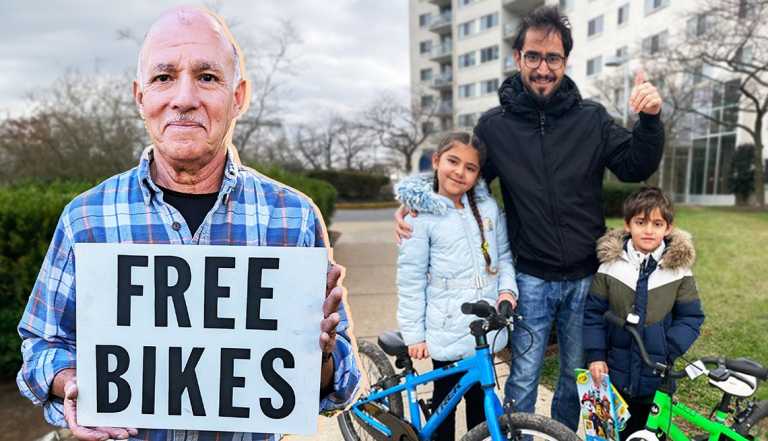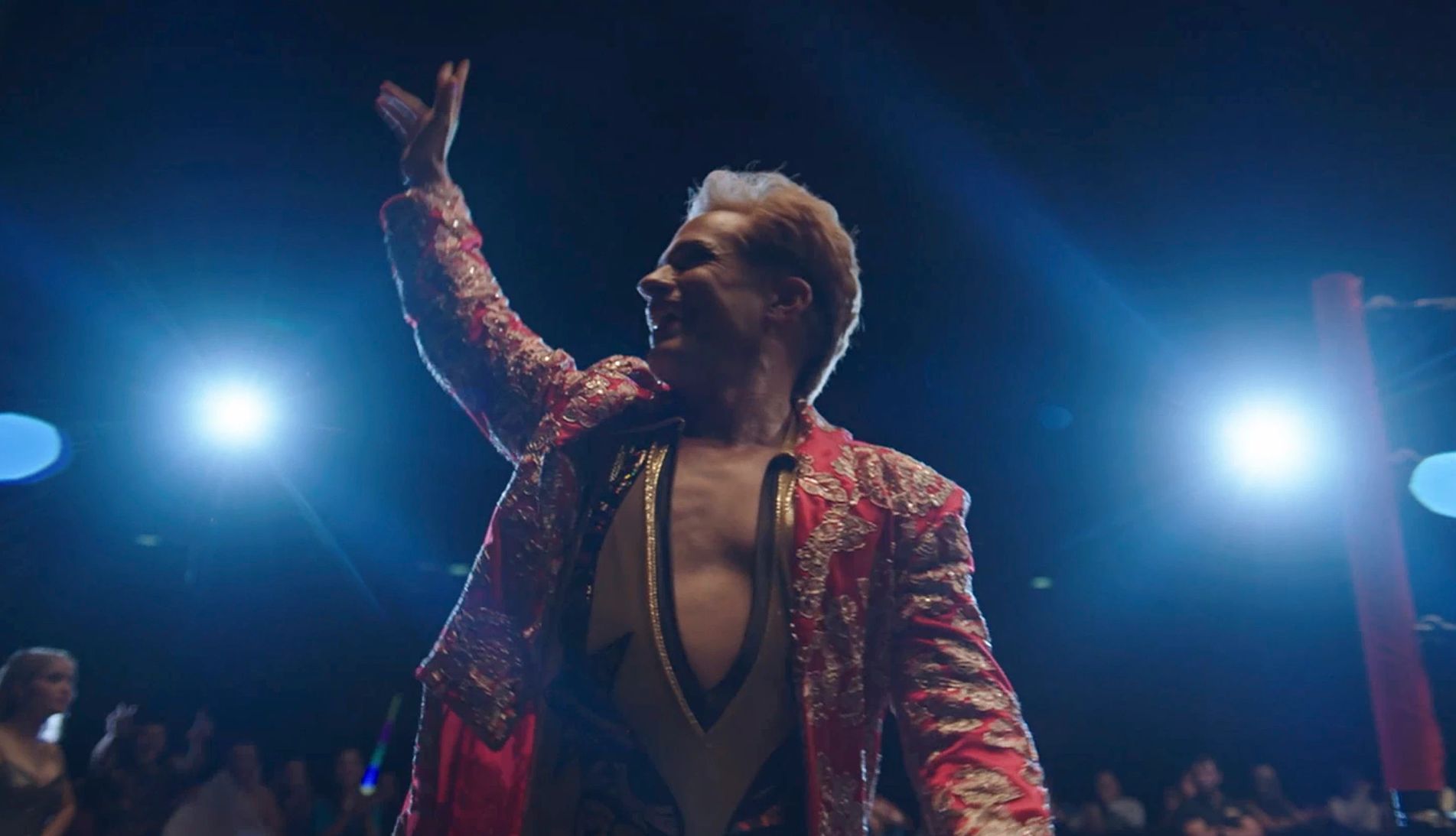Staying Fit
Latino Community
News and information relevant to the Latino community on topics including financial security, health, wellness and caregiving
Entertainment


AARP Membership
$12 for your first year when you sign up for Automatic Renewal
Get instant access to members-only products and hundreds of discounts, a free second membership, and a subscription to AARP the Magazine.
Community Voices
Video Spotlight
Your Health
Caregiving Stories


Conditions and Treatments
Hispanics Endure Hardships Providing Alzheimer’s Care
Three Latinos share how the disease upended their lives

































































































